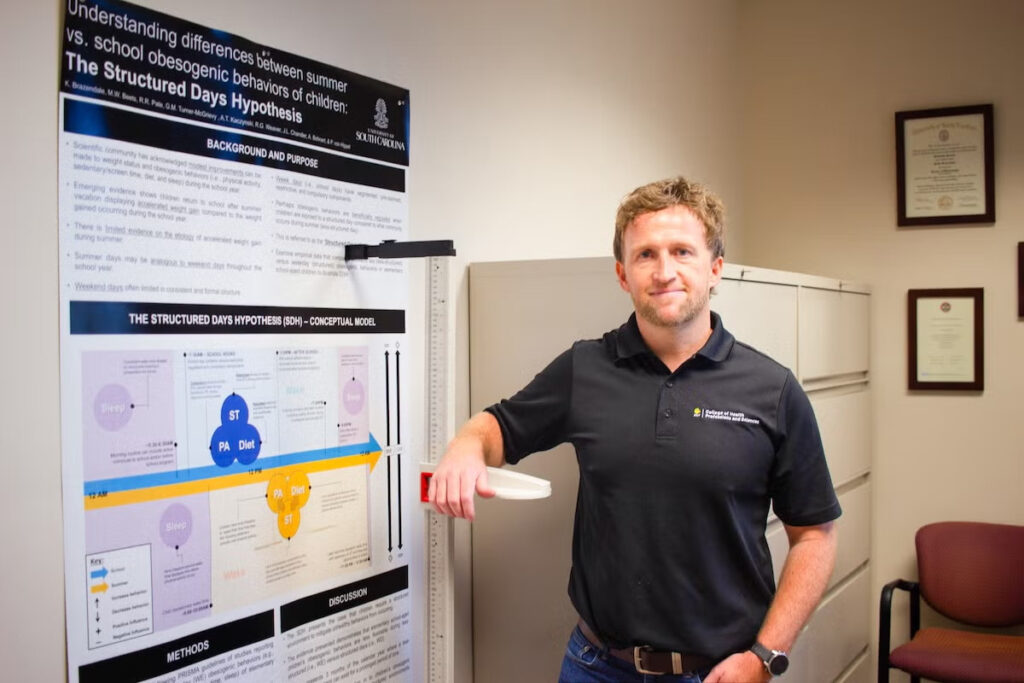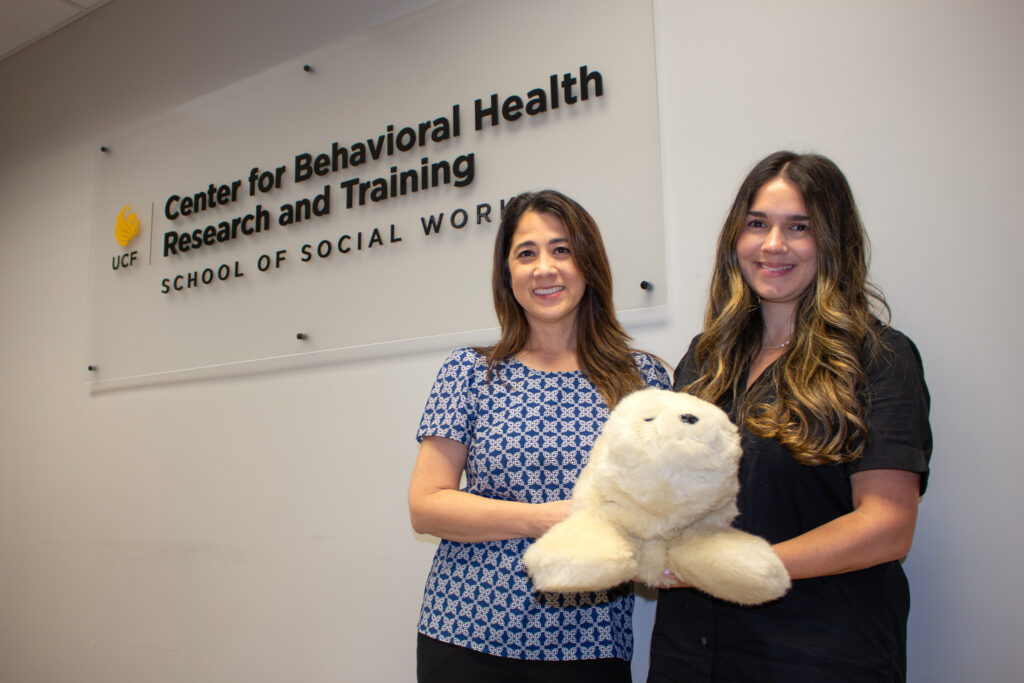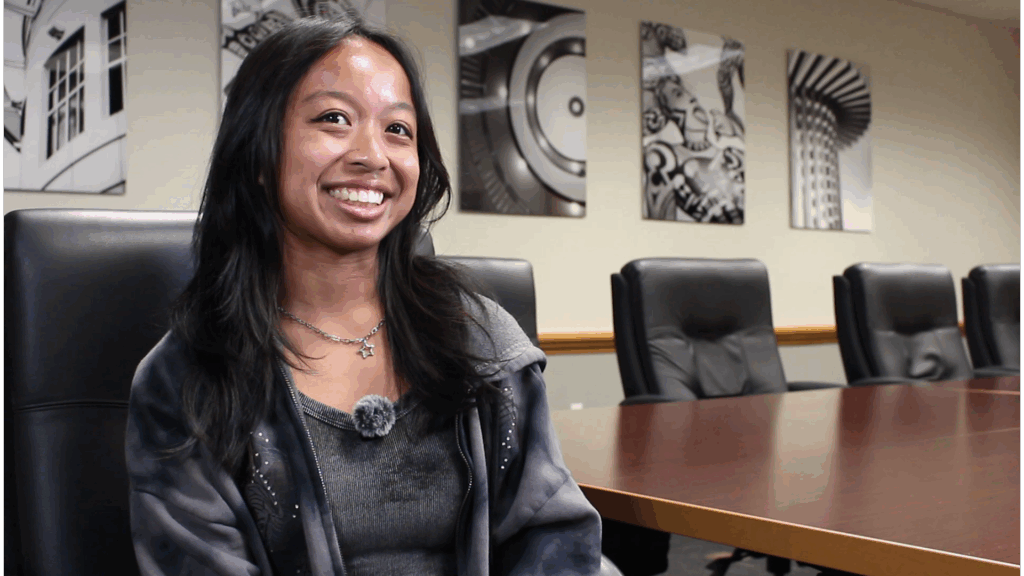Suicide is a growing health problem in the United States. According to the Centers for Disease Control and Prevention, death by suicide rose by nearly 30 percent from 1999 to 2016, and suicide risk factors continue to intensify with the health, social, and economic challenges inherent within the ongoing pandemic. Kim Gryglewicz, associate professor in the School of Social Work, is working to prevent deaths by researching and helping to implement evidence-based strategies.
She received her doctorate degree in social work from the University of South Florida in 2011. Her dissertation was focused on the mental health needs of end-of-life caregivers.
For the last decade, Gryglewicz has been on a mission to stem the rising tide of suicides. As a social worker and an academic, she has made it her life’s work to identify those at-risk for taking their lives and find ways to prevent it.
She knows the crushing pain of losing a loved one to suicide. Her personal and clinical interests in suicide intensified when a family member died by suicide in 2008.
“It is difficult to describe the emotions and feelings families go through when trying to understand and cope with losing a loved one to suicide,” Gryglewicz says. “Many families, including my own, have struggled with trying to understand ‘why.’ Understanding the etiology of suicide and trying to find innovative interventions to prevent suicide is my lifelong goal.”
With a laser focus on tackling this issue, Gryglewicz accepted a position at UCF School of Social Work in 2014, where she has amassed more than $4.3 million in funding to support research projects aiming to combat suicide.
In 2017, Gryglewicz was named principal investigator for the Florida Implementation of the National Strategy for Suicide Prevention Project, a $1.4 million program sponsored by the U.S. Substance Abuse and Mental Health Services Administration to address the suicide crisis in healthcare systems.
She and her team partnered with USF and AdventHealth on the project, which aims to reduce suicide deaths by screening all patients who come into the emergency rooms at two of AdventHealth’s Central Florida hospitals.
Modeled after the Zero Suicide Initiative, hospital clinical staff screen patients for warning signs of suicidal thoughts or behaviors. Those who show risk factors for suicide are monitored, provided psychosocial education and support, and connected to community support services. The research aims to change how suicide screening is conducted with the goal of identifying those most at risk, even when they don’t seek help for having suicidal thoughts.
“Through these efforts,” Gryglewicz says, “We want to convey the message that it’s okay to seek help. Ultimately, we want to reduce stigma and barriers relating to seeking help.”
The National Institute of Mental Health has endorsed universal screening for suicidal thoughts for everyone visiting a primary clinic or ER, Gryglewicz says. “We know that many people at risk for suicide visit a hospital in the weeks leading up to their attempt. If we can identify these people earlier, we can get them the help they need before tragedy strikes.”
Gryglewicz hopes the pilot project – which was recently extended for another year – can be expanded beyond its current scope and sees advantages in continuing partnering with AdventHealth— one of the largest nonprofit healthcare systems in the U.S., with 50 hospitals and 1,200 outpatient facilities across nine states.
“If the program can be sustained,” Gryglewicz says, “we can have a bigger impact on those at-risk for self-harm.”
To further the impact of her research, Gryglewicz serves as the co-director of the UCF Center for Behavioral Health Research & Training, a resource center for mental health practitioners and researchers.
Gryglewicz hopes her efforts continue to address the incidence of suicides and attempts to spare loved ones the pain that her own family went through.
“People who are in need of help and who are thinking about suicide, often have a sense of isolation or they’re feeling alone,” Gryglewicz says. “They may be feeling like they’re a burden on other people or they don’t have that feeling of connection or support. My team and I are working to implement changes to help people in distress feel supported and cared for.”
“The importance of the types of systemic changes Dr. Gryglewicz and her research team are working to implement cannot be overstated,” says Ana Leon, professor and interim director of the School of Social Work. “There is significant power in the community-based approach to addressing this urgent health need which crosscuts populations and communities, and this is a priority for our college’s overarching mission to advance health.”







